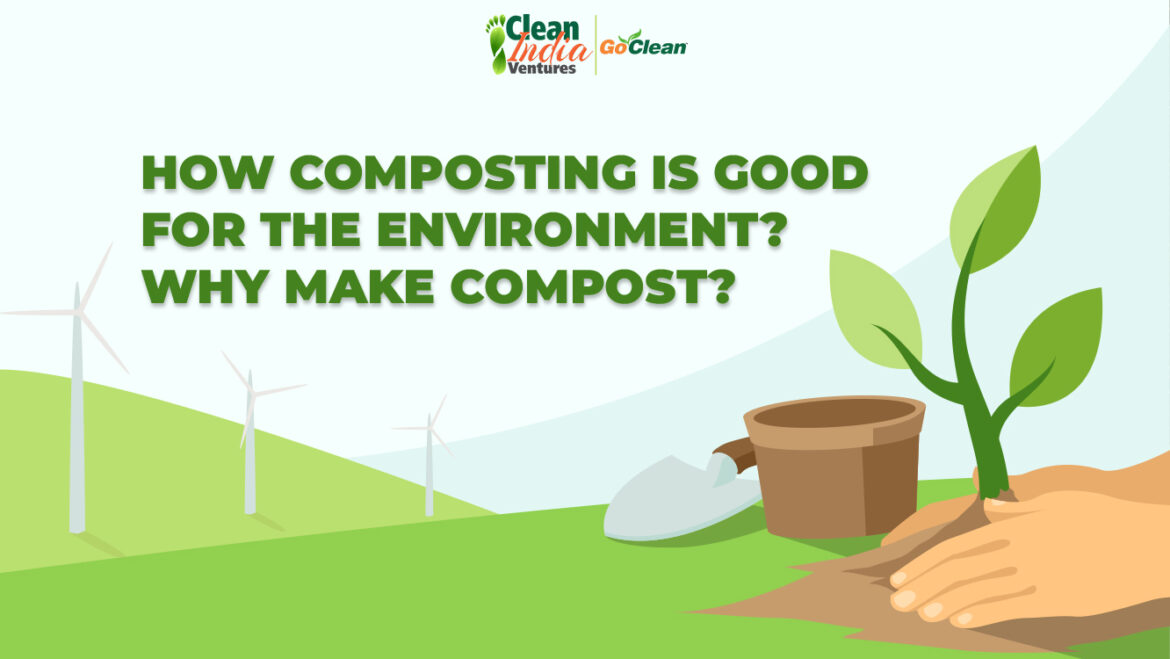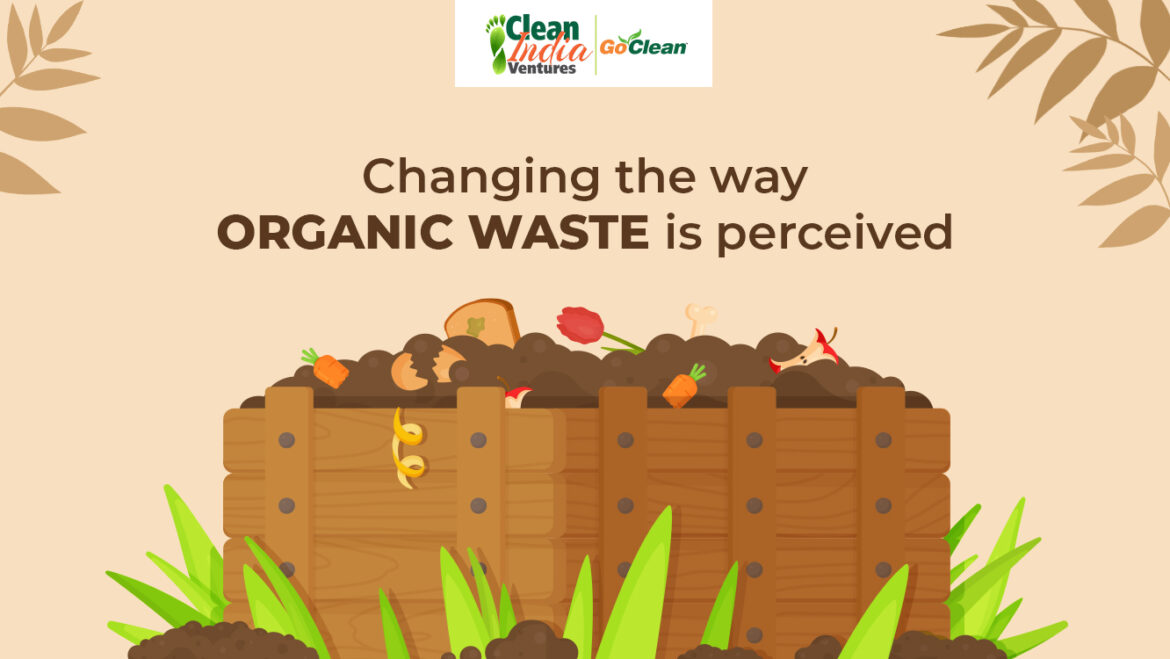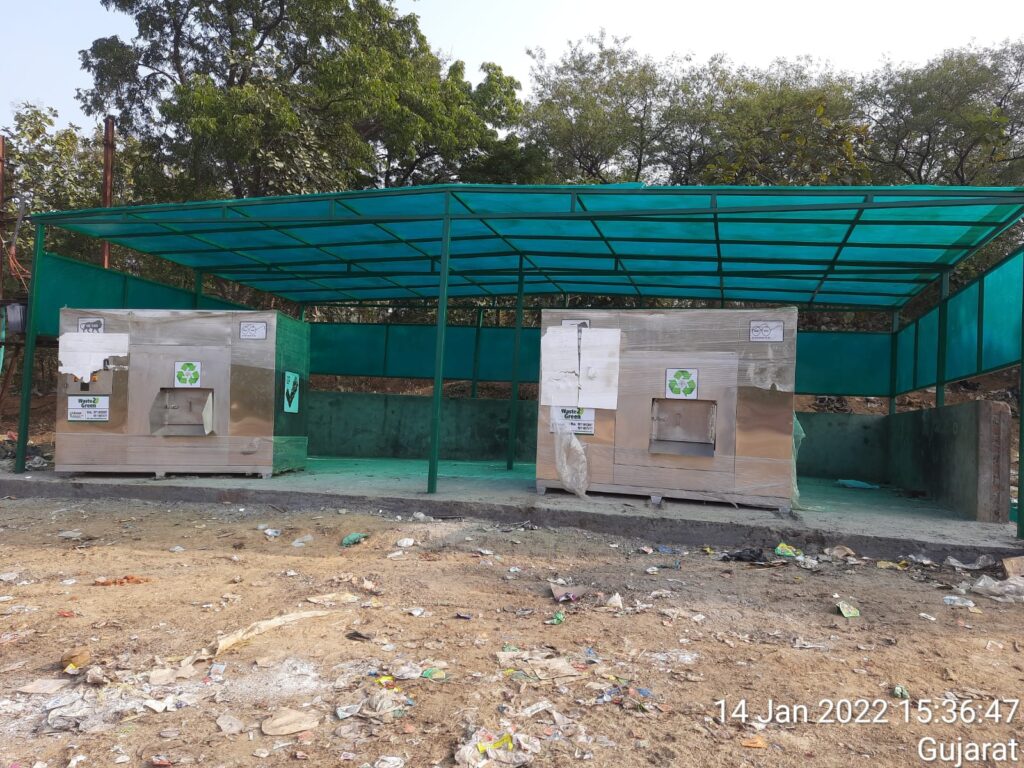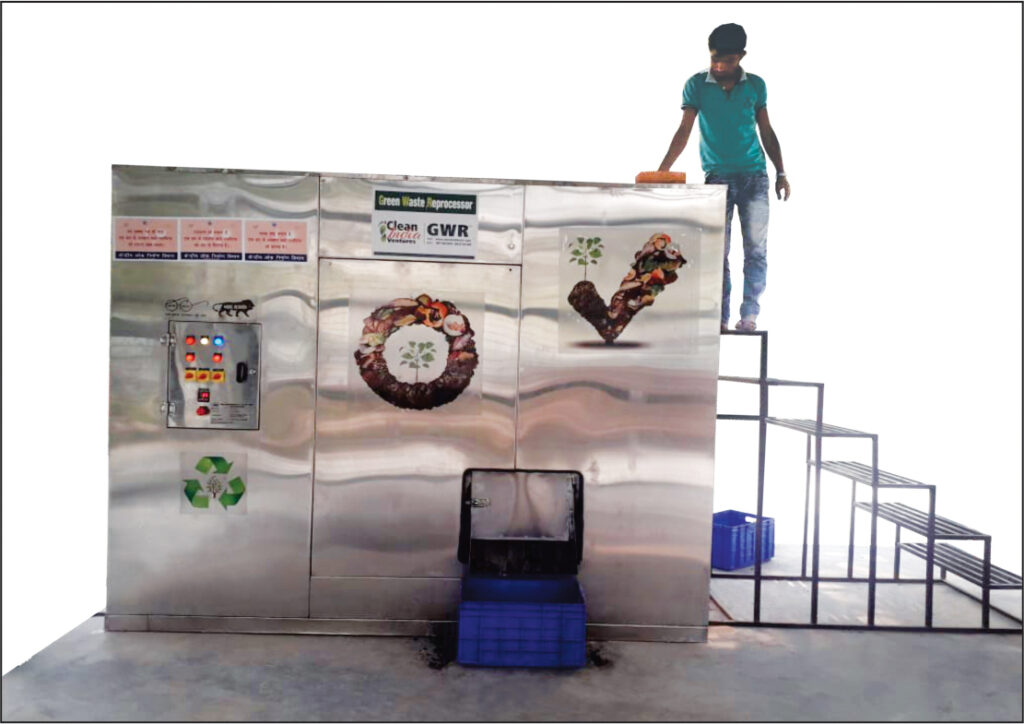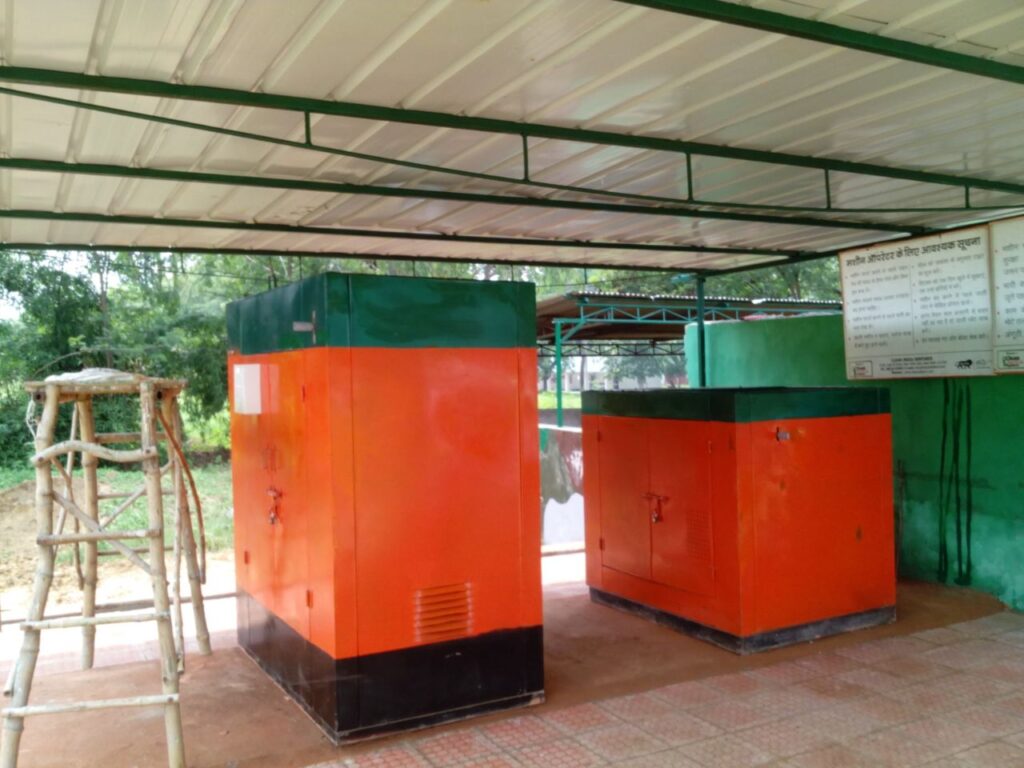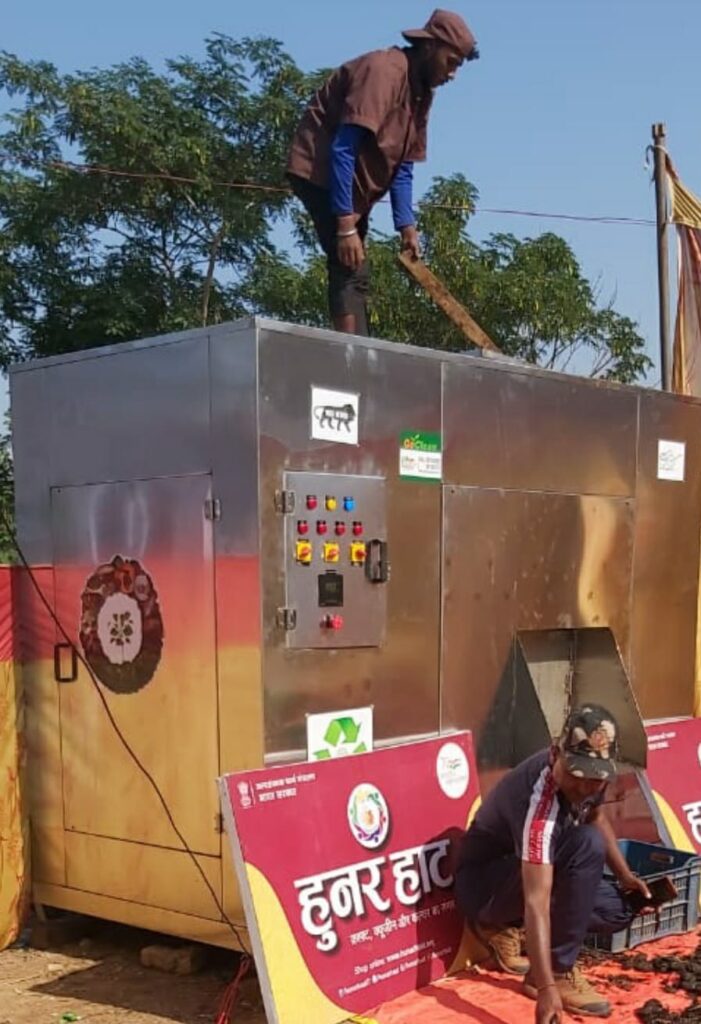Did you know that UNEP and the Institute for Global Environmental Strategies (IGES) have declared Composting as one of the best organic waste management practices that also reduces impact on the environment?
But what makes composting so worthy? It just nourishes soil, right?
Wrong!
While it is the only benefit that we’ve always been taught, there are also many underlying benefits of composting. Benefits that are a game-changer provided the major environmental crisis that the world is facing today.
In this article we’ll cover these benefits in detail.
You can also follow us on Instagram where we share many composting-related information like facts, methods, myth debunking, etc. everyday.
So let’s get started!
Benefits of composting for the environment
Water retention
Compost helps retain the moisture in the soil. Adding compost as a thin layer to bare soils creates a barrier that prevents the evaporation of soil moisture. This practice is known as top- or side-dressing.
This helps to reduce runoff, prevent/reduce erosion, and establish vegetation. By improving contaminated, compacted, and marginal soils, it can also help aid reforestation, restore wetlands, and habitat revitalization efforts.
Also, you’d be surprised to hear that soil’s water holding capacity quadruples by increasing the organic material in it only by 5%.
This reduces plants’ need for water. It is a very useful benefit considering there are many areas in India that experience summer drought. This reduces the need of water for irrigation by reducing periods of water stress.
Reduces Groundwater Pollution
Among several positive benefits of composting, this is perhaps one of the most important ones.
This is because groundwater accounts for almost half of all drinking water worldwide. Compost ensures its health by improving water infiltration, percolation, and reduces associated leaching potential.
Improves downstream water quality
As per EPA, by retaining pollutants such as heavy metals, nitrogen, phosphorus, oil and grease, fuels, herbicides, and pesticides, compost improves downstream water quality.
Greenhouse Emissions
Did you know that landfills are one of the greatest causes of Greenhouse gas emissions?
Yes! The organic waste that you send to landfills causes anaerobic decomposition there and that causes the emission of the second most abundant anthropogenic GHG after carbon dioxide (CO2), Methane!
Methane alone accounts for around 20 percent of global GHG emissions. Also, when it comes to trapping heat in the atmosphere, Methane is more than 25 times as potent as carbon dioxide.
By composting, you can not only prevent methane emissions in the environment but also helps in plant growth by increasing the fertility of the soil. This, in turn, helps reduce the CO2 level from the atmosphere.
Maintaining Biodiversity
Presence of various life forms in the soil is known as Soil biodiversity. It is one of the elements that determine Soil’s health.
The organic matter content in the soil is essential for plants’ growth as it improves water retention, provides nutrients for plants and soil organisms, and improves the soil structure.
Distributing the compost mix over the soil promotes soil biodiversity and increases organic matter in it. This results in healthy soil, which, in turn, helps support the flora over it.
Reduce the impact of wasted food
As per several reports, there’s a large chunk of the population in India that is malnourished.
Further, Food loss and waste is alone responsible for an estimated 8-10 percent of global greenhouse gas emissions. According to a report by FAO, food waste, if it were a country, would be the third-largest contributor for GHG emissions.
Also, don’t forget the wastage of land and water resources for the production of food that increasingly puts pressure on biodiversity.
Given the circumstances, the impact of wasted food can’t be reduced, but it can be reduced to a certain extent by composting.
How?
By Composting, you’re replenishing the soil with all the essential nutrients, and compost increases the water-holding capacity of the soil. This way, you can compensate for the loss of land & water resources because of the food waste.
Also, these additional nutrients promote plants’ growth which, in turn, supports more agriculture. Hence, you can produce more & good quality food.
Eat better (compost vs. fertilizers)
By improving soil structure and nutrient content, Compost reduces the requirement of chemical fertilizers for agriculture. This way you can ensure a chemical-free & cost-effective produce.
Are you an organization?
who is looking for sustainable ways to treat your organic waste?
If yes, our GoClean Organic Waste Reprocessor is the best for you. Specially designed to compost an organic waste load of 25 kg to 1000 kg in 24 hours, this could be your go-to solution for your everyday organic waste treatment.
And the best part is, once loaded, you don’t have to do anything, since it’s automatic.
For more details, visit here.
